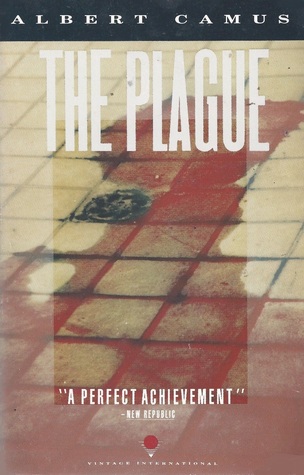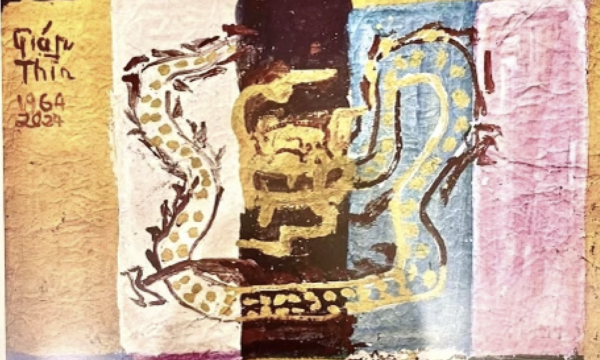The Plague by Albert Camus
Albert Camus, one of the most respected Algerian-French novelists and philosophers of the 20th century, is known for being the second-youngest to win the Nobel Prize for Literature in 1957. He wrote philosophical essays like the ‘Myth of Sisyphus’ and ‘The Rebel,’ and absurdist novels such as ‘The Stranger.’ But the novel that has the most relevance to our times, as the Covid-19 Pandemic continues to wage on, with uncertainty as to when it will end, is ‘The Plague,’ published on June 10, 1947.
The story is told by an unnamed narrator and tells the adventure of Dr. Bernard Rieux, the protagonist of the novel. He notices that the streets of the Algerian coast, Oran, are overrun by rats from the sewers, coughing blood and expiring on the spot. The public grows increasingly concerned, as thousands of rats die over the course of a few days. When the rats suddenly stop appearing on the street, a concierge gets infected by a rodent, and Dr. Rieux suspects it to be the bubonic plague. After his death, more people become infected by the plague, and shortly after, the entire city of Oran undergoes quarantine. The population suffers greatly until the doctor stops the outbreak.
The novel resonates with our current time, as all of us are stuck at home, struggling with online schooling and keeping up with our friends, relatives and significant others. Camus’s writing is simplistic, avoiding the use of metaphors and other literary devices to convey a scenery or character’s feelings; but his writing is so powerful and phenomenal that it resonates with almost everyone, on a multitude of levels.
On the surface level, the novel reflects how people felt when the government of Oran announced quarantine and strict lockdown measures to keep the plague at bay. Yet, it also discusses the self-righteousness some individuals have, like those who refuse to obey the instructions of health organizations attempting to maintain people safe from the virus. As Camus puts it, pestilence is a shared experience, lacking human-dimensions, and affects us all indiscriminately. What he means by viruses being shared experiences, is that all of us are affected by them and suffer in similar ways. Hence, self-righteous people’s arguments on why they are not compelled to follow preventive measures, become obsolete. It is clear, they are making excuses out of naïveness, privilege, or class and so on.
On a deeper level, he uses the novel to convey his unique philosophy of absurdism. The essential idea of the philosophy is that people have an inherent need to find purpose and meaning in life, which goes against the reality that we are insignificant in the grand scheme of things. He suggests that we are living in a world that is indifferent to us all, but we should move forward and live accordingly, nevertheless. He condemns humanity as a plague, because each one of us can die by pestilence, or accidents or actions committed by other people at any moment in time. Living is a hospice, not a hospital, as Camus puts it.
Unlike other philosophers, who endorsed utter hopelessness or nihilism, as a way of coping with the horrific realization that life is inherently meaningless, he encouraged people to embrace this fact to live a better life. He suggested that through friendship and/or love towards something and someone, people can have a more enjoyable life; and that is what we need to do to survive during this unprecedented time of a pandemic.






